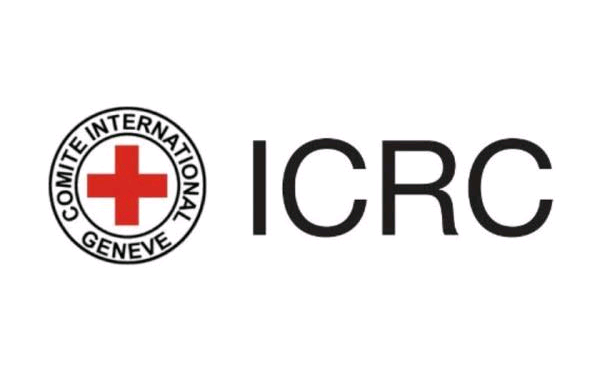Umar Idris Shuaibu
The International Committee of the Red Cross (ICRC) has expressed deep regret over Lithuania’s unprecedented withdrawal from the Convention on Cluster Munitions, which takes effect today. The ICRC warns that this decision weakens crucial protections for civilians and increases the risks posed by these deadly weapons.
Cluster munitions scatter explosive submunitions over large areas, with many failing to detonate on impact. This leaves behind dangerous unexploded ordnance, endangering displaced families, limiting access to essential services, and hindering infrastructure repair and reconstruction.
“Cluster munitions have wide-area effects. Their use in urban areas raises serious humanitarian concerns. Even long after conflicts end, these weapons continue to cause suffering—especially among children—and prevent communities from rebuilding,” said Cordula Droege, ICRC Chief Legal Officer.
Read Also:
2024 World Humanitarian Day: Attacks, Killing of Aid Workers, Unarmed Civilians Unacceptable — ICRC
Since the Convention on Cluster Munitions was adopted in 2008, 124 states have signed it, with 123 still bound by its provisions today. The treaty prohibits the use, stockpiling, production, and transfer of cluster munitions. It has saved countless lives, with states parties destroying over a million stockpiled cluster munitions and clearing vast areas of contaminated land for safe, productive use.
Lithuania’s withdrawal marks the first time a state has denounced a global humanitarian treaty. The ICRC expressed disappointment that Lithuania did not reconsider its decision, despite calls from states parties in September 2024 urging it to remain committed to the treaty.
Children are particularly vulnerable to unexploded cluster munition remnants, which often resemble toys. According to the latest **Cluster Munition Monitor**, nearly half of all casualties from such remnants in 2023 were children. The process of clearing these munitions is complex and time-consuming, with Bosnia and Herzegovina only recently declaring itself free from cluster munitions nearly 30 years after its war ended.
The ICRC warns that withdrawing from internationally agreed restrictions on weapons that cause indiscriminate harm undermines international humanitarian law.
“The security situation is constantly evolving, but the devastating human toll of cluster munitions, anti-personnel mines, and other indiscriminate weapons remains unchanged,” Droege emphasized. “Withdrawal from any humanitarian treaty weakens life-saving protections in war and threatens the foundations of international humanitarian law. The ICRC urges all states to strengthen—not undermine—the frameworks that protect civilians in conflict.”























 You can install this WP plugin on your website from the WordPress official website:
You can install this WP plugin on your website from the WordPress official website: 